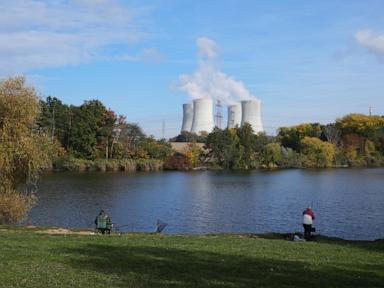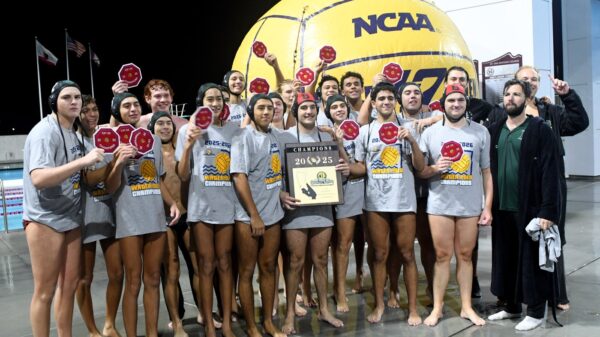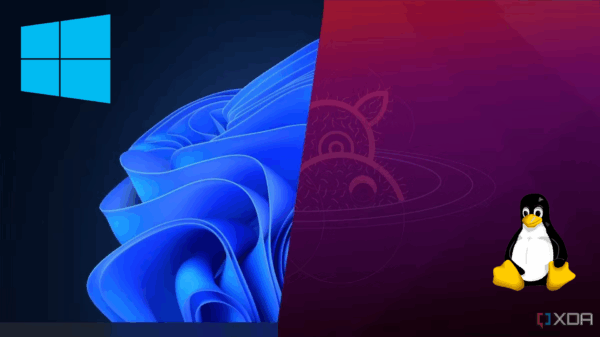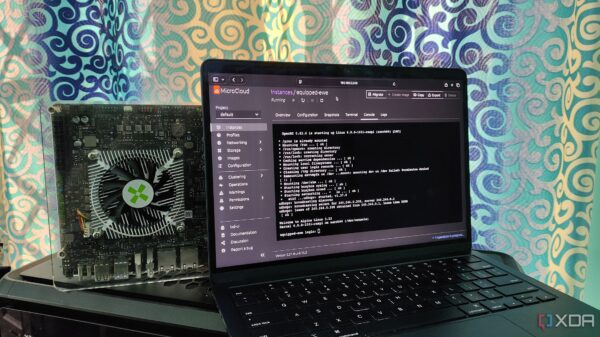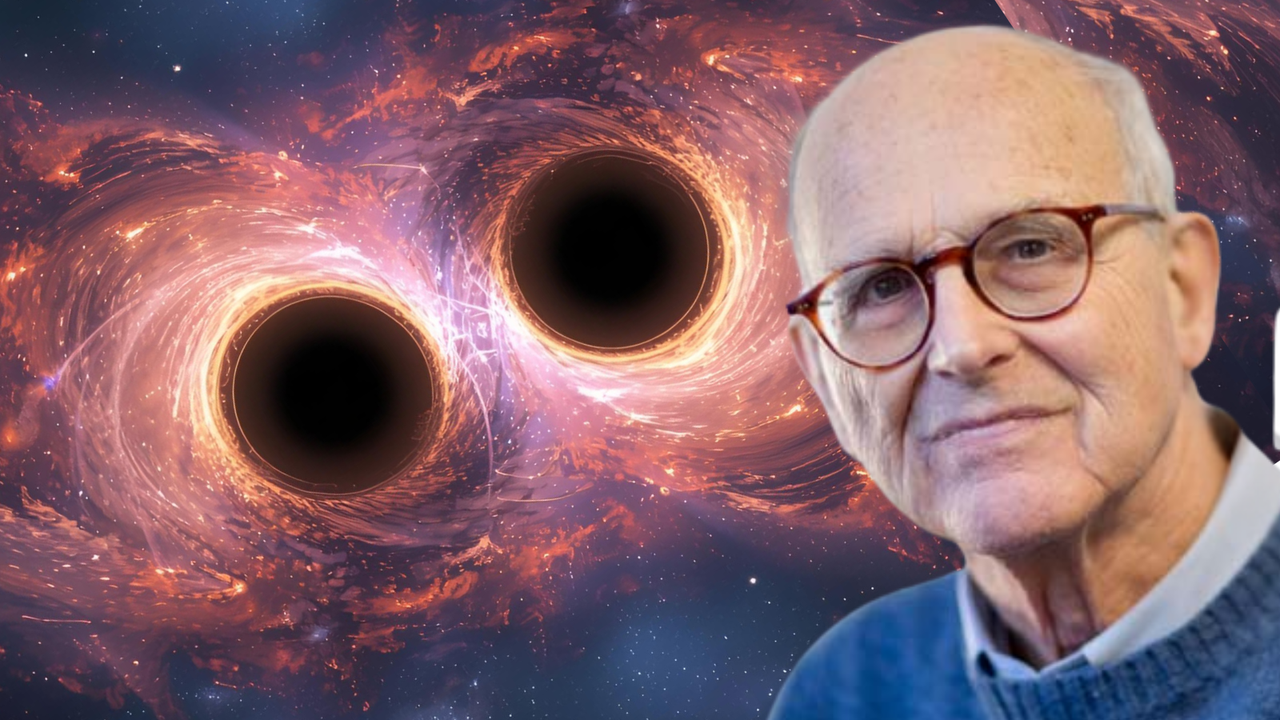BREAKING: Renowned physicist and Nobel laureate Rainer Weiss has died at the age of 92, confirmed by the Massachusetts Institute of Technology (MIT) earlier today. Weiss, a pioneering figure in the field of gravitational waves, passed away on August 25, 2023, leaving behind a monumental legacy in the world of physics.
Weiss was instrumental in the groundbreaking discovery of gravitational waves—tiny ripples in spacetime first predicted by Albert Einstein in 1915. His visionary work led to the establishment of the Laser Interferometer Gravitational-Wave Observatory (LIGO), which on September 14, 2015, made history with the first-ever detection of these waves, resulting from the collision of two black holes located 1.4 billion light-years away. This momentous achievement marked a pivotal point in modern astrophysics.
Alongside esteemed colleagues Kip Thorne and Ronald Drever, Weiss was awarded the 2017 Nobel Prize in Physics for his contributions to this revolutionary discovery. His work has not only validated Einstein’s theories but also challenged previous assumptions about the detectability of gravitational waves.
In a heartfelt tribute, Nergis Mavalvala, dean of the MIT School of Science, reflected on Weiss’s impact:
“Rai leaves an indelible mark on science and a gaping hole in our lives. Every gravitational wave event we observe will remind us of him, and we will smile,”
she stated. Mavalvala emphasized Weiss’s passion for science and his dedication to mentoring the next generation of physicists.
Weiss’s legacy extends beyond gravitational waves. He was a co-founder of the NASA Cosmic Background Explorer (COBE), which transformed our understanding of the universe by measuring the Cosmic Microwave Background (CMB), the residual radiation from the Big Bang. His pioneering work in both fields solidified his status as a titan of modern science.
Born in Berlin in 1932, Weiss fled Nazi Germany with his family and later settled in New York City. His early passion for music and electronics paved the way for his illustrious career in physics. After earning his degree from MIT and completing his PhD in 1962, Weiss returned to MIT in 1964 to establish a research group focused on cosmology and gravity.
Throughout his career, Weiss received numerous accolades, including the Gruber Prize in Cosmology and the Kavli Prize in Astrophysics, among others. His profound belief in collaboration was evident during his Nobel Prize acceptance, where he stated,
“The discovery has been the work of a large number of people… This prize is an affirmation by our society of the importance of gaining information about the world around us.”
Weiss is survived by his wife, Rebecca, his children Sarah and Benjamin, and his grandson Sam. His passing represents a significant loss for the scientific community, but his contributions will continue to inspire generations of researchers and enthusiasts in the fields of physics and cosmology.
As the scientific world mourns the loss of Rainer Weiss, his legacy as a trailblazer in the field of gravitational waves will live on, illuminating the path for future discoveries.
Next Steps: The impact of Weiss’s work on the scientific community will be felt for years to come, with ongoing research in gravitational waves and cosmology likely to reference his pioneering contributions.






